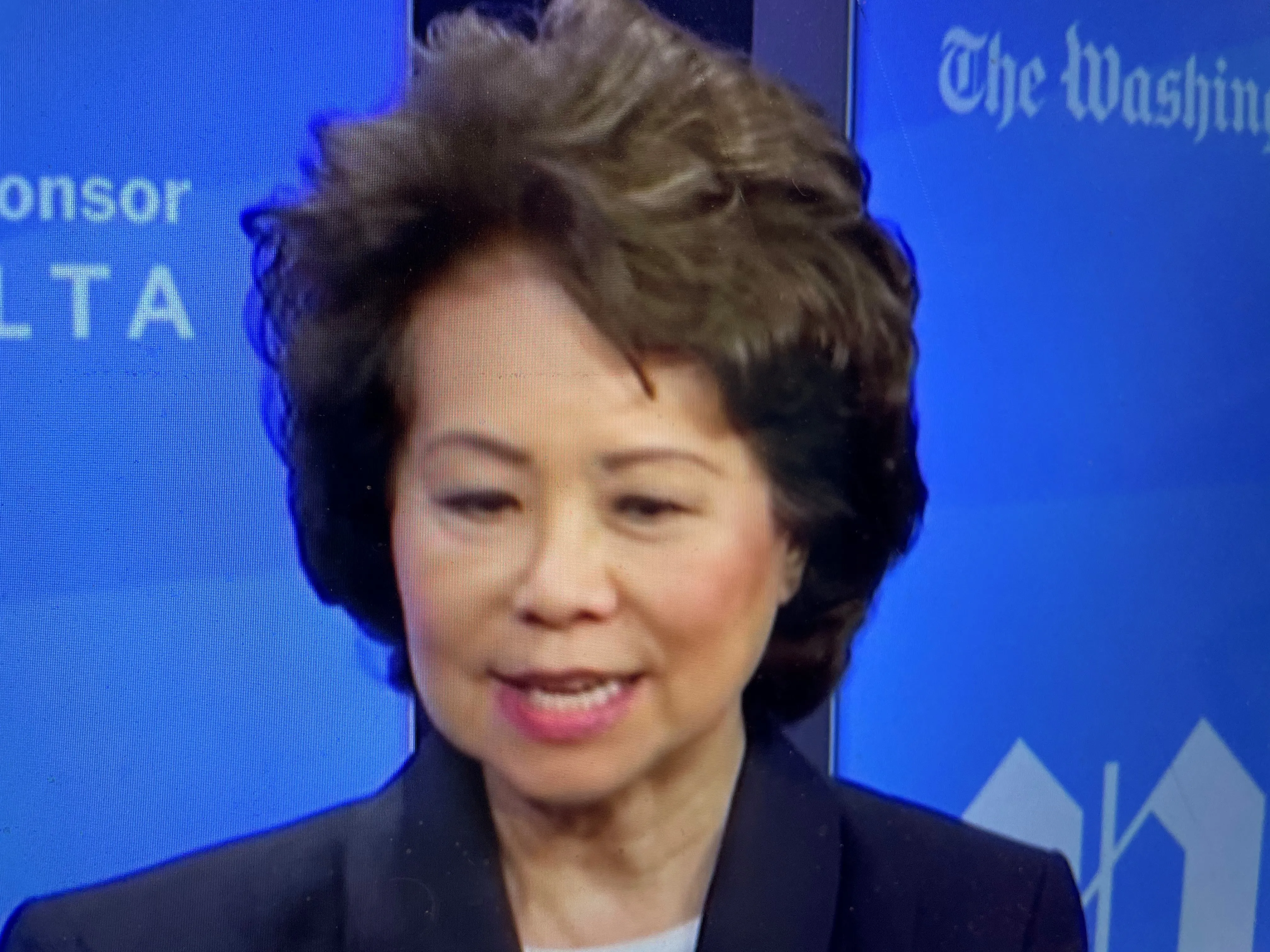Following President Obama’s State of the Union address, republicans are indicating that they are open to compromising with the president on increasing US transportation funding, although neither side has offered specifics on how they would pay for new construction projects.
According to The Hill, Obama has called for Congress to pass a bipartisan infrastructure plan, including using savings from tax reform to pay for transportation projects, although he stopped short of calling for an increase in the fe
January 23, 2015
Read time: 3 mins
Following President Obama’s State of the Union address, republicans are indicating that they are open to compromising with the president on increasing US transportation funding, although neither side has offered specifics on how they would pay for new construction projects.
According to The Hill, Obama has called for Congress to pass a bipartisan infrastructure plan, including using savings from tax reform to pay for transportation projects, although he stopped short of calling for an increase in the federal gas tax, which has been sought by many transportation advocates to help pay for it.
House Transportation Committee chairman Bill Shuster, who has opposed prior efforts to increase the gas tax, said Republicans might be able to find agreement with Obama on infrastructure funding, even though they disagree with almost everything else the president laid out during his address.
“I believe that it is imperative that we repair our crumbling infrastructure through fiscally responsible legislation,” Shuster said. “As chairman of the Transportation and Infrastructure Committee, I am working to pass a surface transportation bill that makes investments in our nation’s roads and bridges to keep America competitive in a global economy."
Republican leaders in the Senate also spotlighted transportation funding as a potential area of agreement in the new era of even more divided government that follows Republicans taking control of both chambers of Congress this month for the first time since 2006.
Transportation advocates have pushed for an increase in the 18.4 cent per gallon tax to help pay for infrastructure projects and the idea has picked up some steam on Capitol Hill, as gas prices have declined sharply in recent months.
The gas tax, which predates the development of the Interstate Highway System, has been the traditional source for transportation projects since its inception in the 1930s.
The tax, which has not been increased since 1993, brings in about $34 billion per year. The federal government typically spends about $50 billion per year on road and transit projects, and transportation advocates have maintained that the larger figure is only enough to maintain the current state of the U.S. infrastructure network.
Major road and transit improvements will require a higher annual funding level, they argue, which would result in an even higher infrastructure budget without an infusion of cash from a source like the gas tax.
According to The Hill, Obama has called for Congress to pass a bipartisan infrastructure plan, including using savings from tax reform to pay for transportation projects, although he stopped short of calling for an increase in the federal gas tax, which has been sought by many transportation advocates to help pay for it.
House Transportation Committee chairman Bill Shuster, who has opposed prior efforts to increase the gas tax, said Republicans might be able to find agreement with Obama on infrastructure funding, even though they disagree with almost everything else the president laid out during his address.
“I believe that it is imperative that we repair our crumbling infrastructure through fiscally responsible legislation,” Shuster said. “As chairman of the Transportation and Infrastructure Committee, I am working to pass a surface transportation bill that makes investments in our nation’s roads and bridges to keep America competitive in a global economy."
Republican leaders in the Senate also spotlighted transportation funding as a potential area of agreement in the new era of even more divided government that follows Republicans taking control of both chambers of Congress this month for the first time since 2006.
Transportation advocates have pushed for an increase in the 18.4 cent per gallon tax to help pay for infrastructure projects and the idea has picked up some steam on Capitol Hill, as gas prices have declined sharply in recent months.
The gas tax, which predates the development of the Interstate Highway System, has been the traditional source for transportation projects since its inception in the 1930s.
The tax, which has not been increased since 1993, brings in about $34 billion per year. The federal government typically spends about $50 billion per year on road and transit projects, and transportation advocates have maintained that the larger figure is only enough to maintain the current state of the U.S. infrastructure network.
Major road and transit improvements will require a higher annual funding level, they argue, which would result in an even higher infrastructure budget without an infusion of cash from a source like the gas tax.







